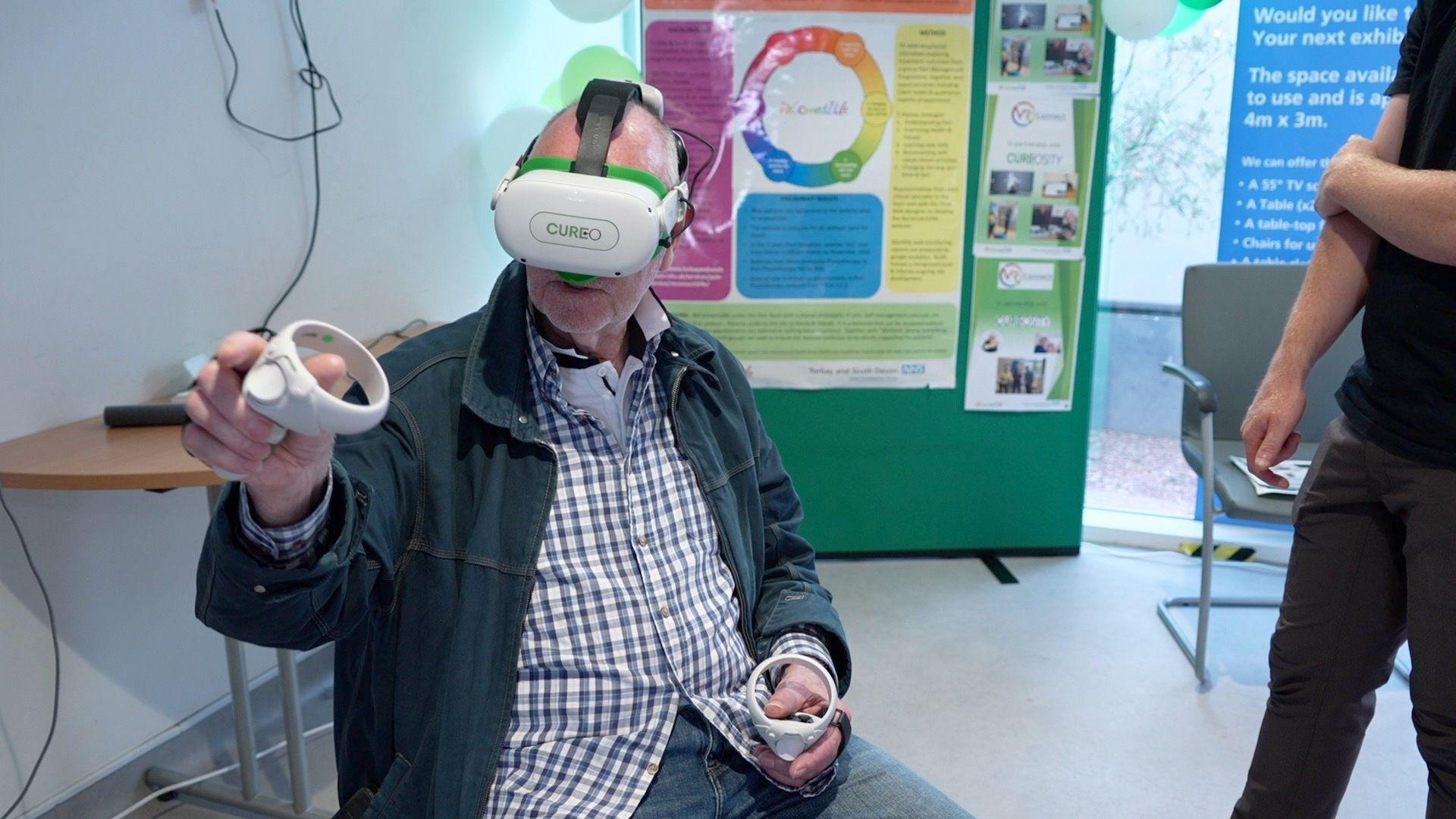Hospital UK's first to use VR goggles in spine op
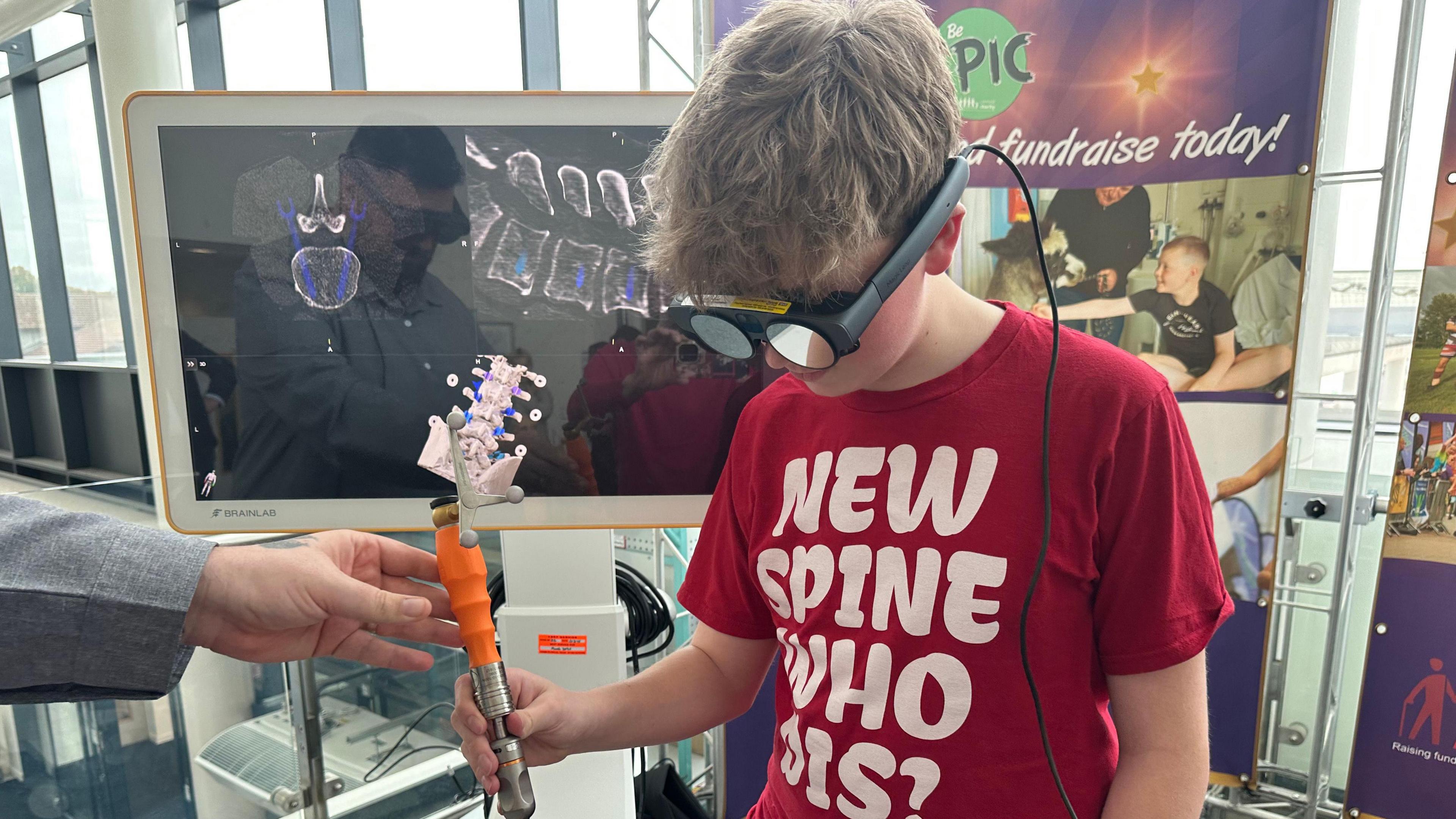
Doctors used the VR goggles to view scans of Dylan while carrying out surgery on his spine, which had developed a pronounced curve because of scoliosis
- Published
Doctors in Stoke-on-Trent have become the first in England to use new virtual reality (VR) goggles that show them what's going on inside a patient during surgery.
The system was used for the first time during complex spinal surgery on 14-year-old Dylan, at the Royal Stoke University Hospital.
The youngster has scoliosis and, over the course of a year, his spine developed a pronounced curve that had started squashing one of his lungs. But now, with this successful, pioneering surgery Dylan's stepdad says he's "four inches taller".
"[Before] I wasn't able to do cadets or after school club, it was pretty bad. I'd be in bed, in pain," Dylan told BBC Midlands Today.
Vinay Jasani, the surgeon who operated on Dylan, showed me X-rays and pointed out how one of the youngster's lungs had been squashed because of the spinal curve.
"The problem was getting worse so we needed to operate," Mr Jasani explained.
3D-model of spine
Operating on a spine is difficult - you have to avoid the spinal cord, various important organs in front of the spine itself and, depending on the size of the incision, you may not have much of a view.
However with the VR goggles, Mr Jasani was able to see Dylan's latest scans, which included a 3D-model of his spine and a live view of what was going on inside during the operation.
"I don't need to look down at the patient and then up at a screen," he said. "It's all in front of you while you work.”
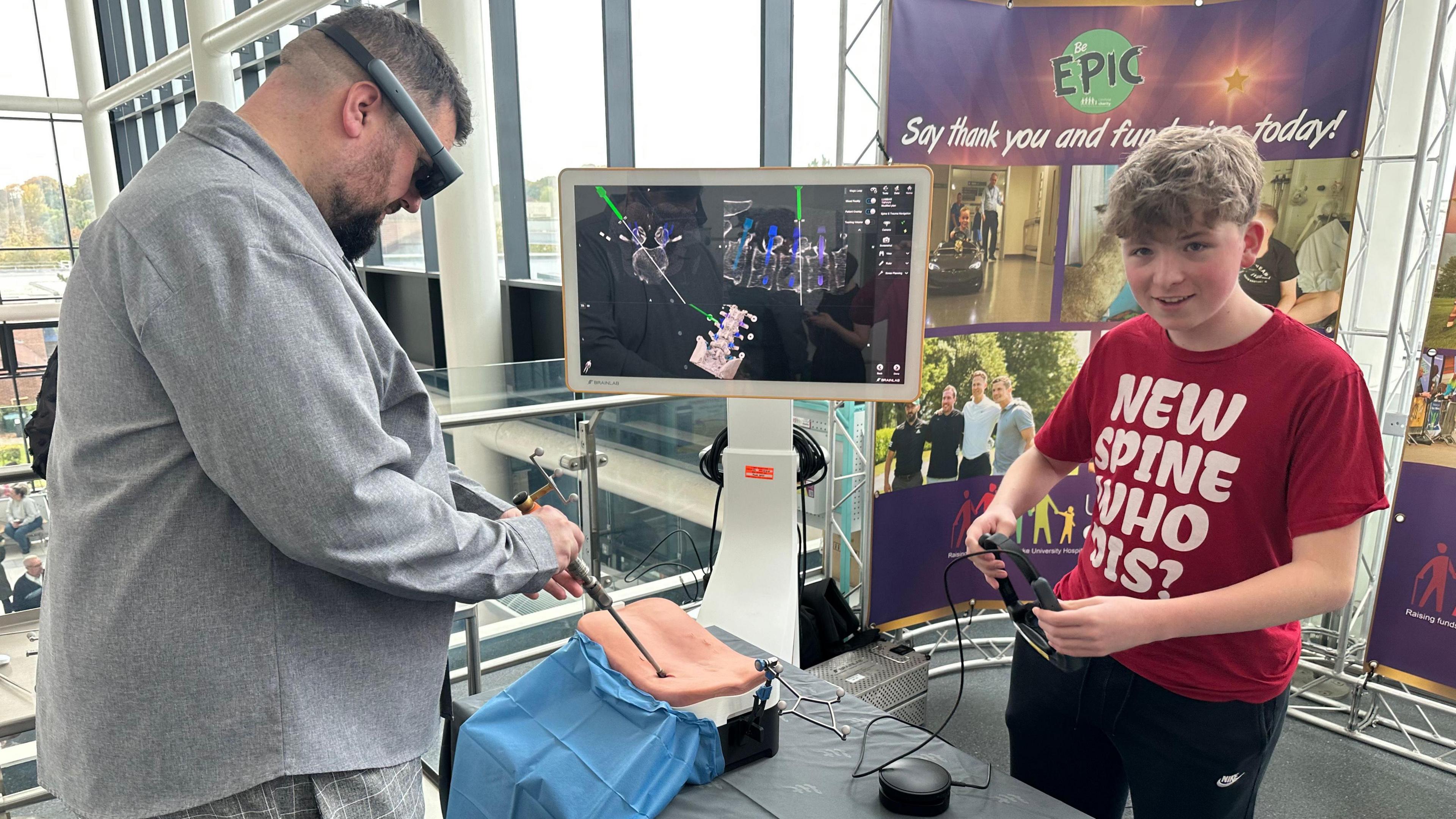
Dylan's stepdad Chris said the surgery had resulted in the youngster being so much taller
About 600 patients who need operations on their spines will benefit from the new system at the University Hospitals of North Midlands NHS Trust, which was paid for with a donation from the Denise Coates Foundation.
It will help to improve accuracy, speed up surgery and there's even the potential to carry out operations through much smaller incisions, all of which will speed up patient recovery time.
As amazing as this tech is, for Dylan and his family the most important thing was the result of the surgery, which stepdad Chris said made Dylan so much taller.
"He towers over me, I'm the smallest now," his mum Mandy added. "He's a superstar."
Following the surgery, Dylan is back to his old self and says "it's just mind-blowing".
Get in touch
Tell us which stories we should cover in Staffordshire
Follow BBC Stoke & Staffordshire on BBC Sounds, Facebook, external, X, external and Instagram, external.
- Published9 October
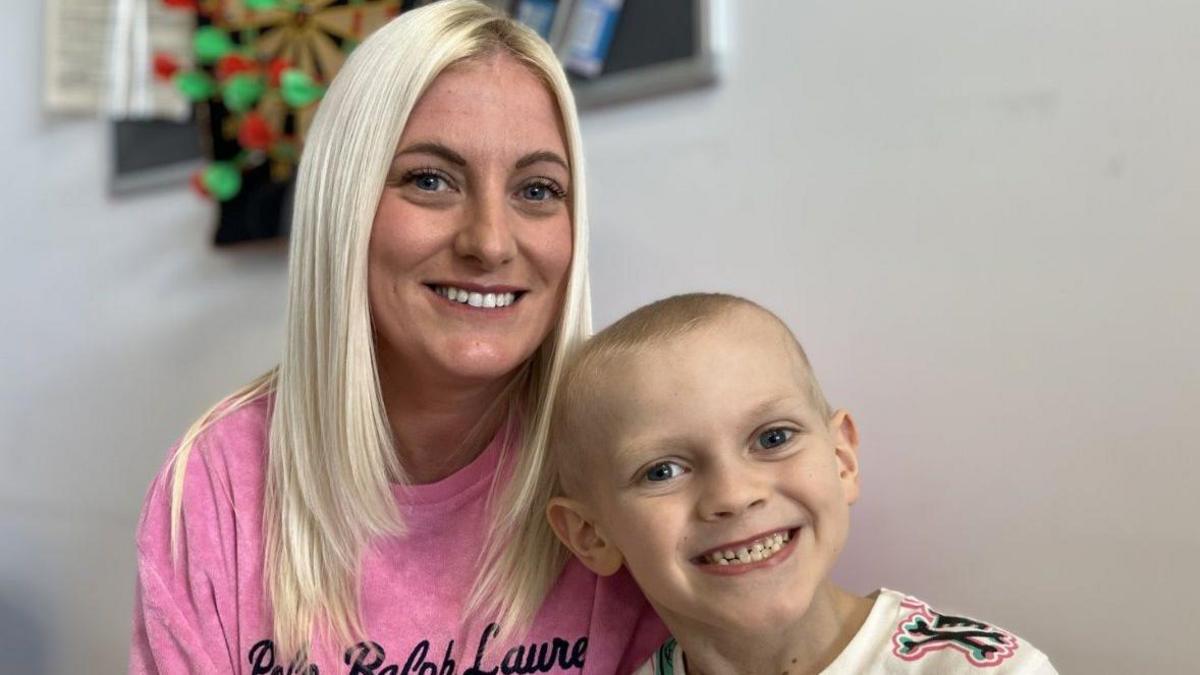
- Published2 October
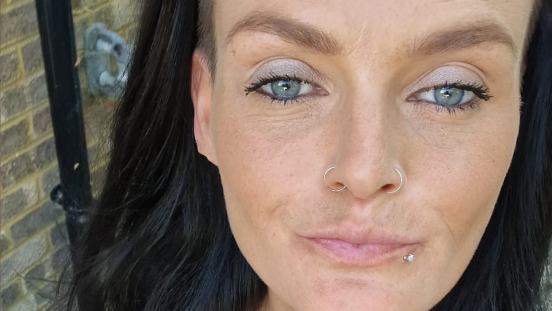
- Published16 July
